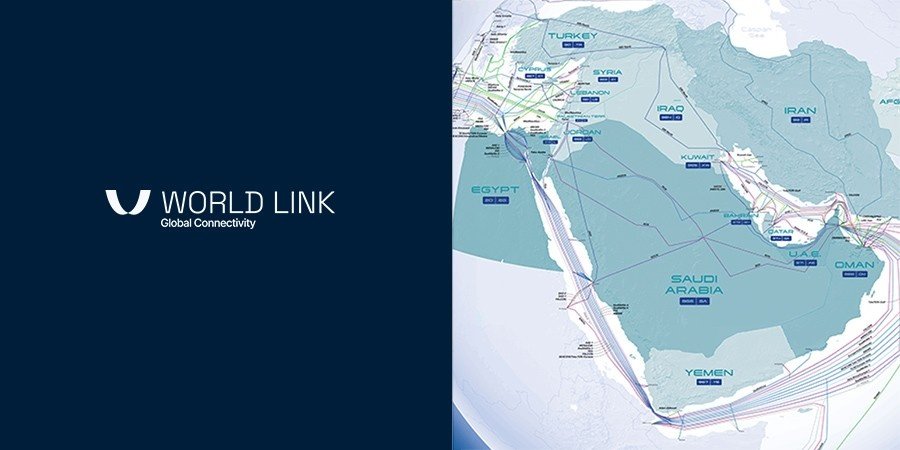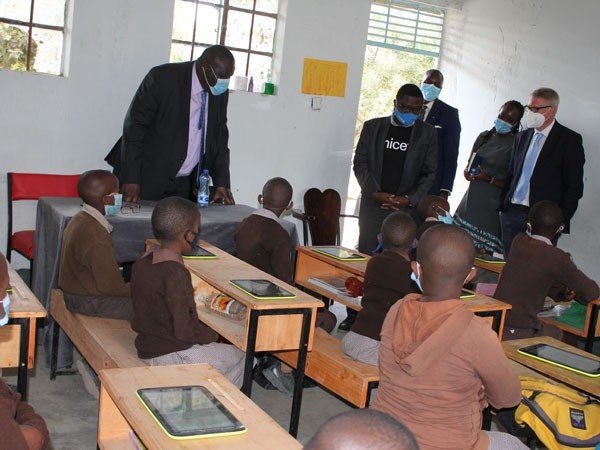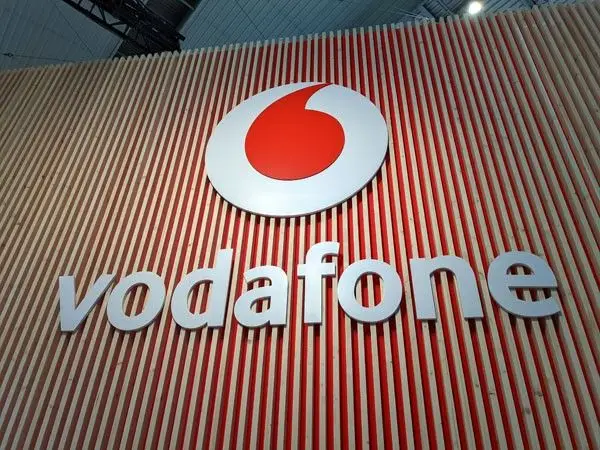Pakistan is working on strengthening its digital infrastructure with a total of 26.5 terabits per second (Tbps) of international connectivity. This major enhancement is being carried out through five submarine cable projects, as stated by the Minister of State for Information Technology and Telecommunication, Shaza Fatima Khawaja, in a written response to the National Assembly.
The five submarine cable projects include AFRICA 1, managed by PTCL with a capacity of 6.5 Tbps; SMW6, managed by Transworld Associates (TWA) with a capacity of 6 Tbps; 2AFRICA by TWA, with a capacity of 10 Tbps; PEACE by LINKdotNET, with a capacity of 2 Tbps; and Makran Gulf Gateway (MGG-1) by Cybernet, also with a capacity of 2 Tbps. The cables have received a permit-in-principle (PIP), with the 2AFRICA cable already having landed in Pakistan, while the others are still in the planning stages.
In addition to enhancing submarine connectivity, Minister Shaza Fatima Khawaja mentioned that proposals are being considered to improve satellite-based internet connectivity in Pakistan. Historically, Pakistan only had satellite bandwidth provisioning, but with the introduction of the National Space Policy in January 2024 and the Pakistan Space Activities Rules in February 2024, the way has been cleared for an expansion of satellite services.
The Pakistan Telecommunication Authority (PTA) has started consultations with industry stakeholders and government officials regarding the licensing of Fixed Satellite Services (FSS). This initiative aims to provide satellite broadband to remote and underserved areas. PTA has also developed draft Single License terms for FSS, which are currently being reviewed by stakeholders. The goal is to regulate direct-to-consumer satellite broadband services without disrupting existing WI and local loop licenses. This regulatory framework is expected to foster investment in satellite technology and improve connectivity in Pakistan’s remote areas.
The Pakistan Space Activities Regulatory Board (PSARB) will oversee the registration of both local and international satellite service providers under the new Pakistan Space Activities Rules-2024. The Starlink application, which aims to provide satellite internet across Pakistan, has already been technically reviewed by PSARB. Once Starlink completes its registration with PSARB and receives approval from the Ministry of Interior, PTA will issue the necessary operating license. However, the timeline for operational approval is still pending, as the regulatory process continues.
Furthermore, the government is focusing on improving network security to enhance internet performance. The rise in the use of Virtual Private Networks (VPNs) has led to increased traffic rerouting, slowing down internet speeds. To address this, additional VPN registration measures have been implemented to optimize traffic routing and improve Quality of Service (QoS). Service providers are also working to mitigate the impact of Distributed Denial of Service (DDoS) attacks, which have been contributing to network slowdowns.















